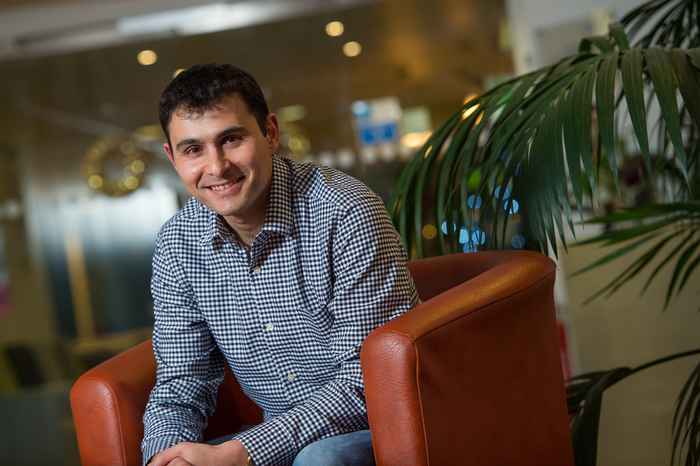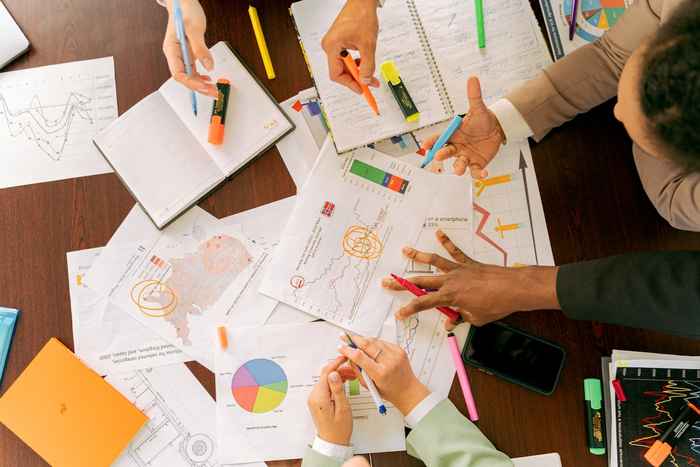Q&A with USP Associate Panikos Georgallis
18 July 2023

What are you currently researching?
In one stream of research I examine the evolution of moral markets. These are sectors that offer market-based solutions to social or environmental problems, such as fair trade, renewable energy, or plant-based meat. They are typically driven actors by whose motivations go beyond economic incentives but rather support markets as morally superior alternatives to existing markets. Thus, special attention needs to be given to the social and political dynamics that underlie the formation and further development of these markets. This has been a point of emphasis in much of my work. Empirically I am currently looking into the conditions that led the emergence and growth of solar energy across different countries, and specifically the role of the environmental movement and the contextual conditions that enabled or constrained its influence on the solar energy market. In other projects I look at the interaction between policy and industry, the interaction between civil society and Multinational Enterprises, and how the response of businesses to climate disasters affects cities.
And what does sustainability mean within your research?
Sustainability has always been a key component in all my research, in terms of specific industries studied (e.g. solar energy), specific problems that organizations and society face (e.g. climate disasters), and via paying attention to the role that social movements, and civil society more broadly, play in organizations and markets.

To what extent does interdisciplinarity already play a role in your research?
The questions I ask in my research are relevant for multiple disciplines, so I naturally look beyond the boundaries of my own discipline to find answers. While I was trained in strategy, much of my work relies on organizational and market sociology, and I occasionally draw from political science.
How would you make your current research even more interdisciplinary if you had all the resources available?
What I see as missing from much of social science research is a more explicit connection with the natural sciences. Given that many sustainability problems relate directly or indirectly to the natural environment, explicit connections between natural and social sciences can offer deeper explanations for organizational and market phenomena that I’m interested in. In addition, stronger connections with computer science and AI researchers could help leverage or more effectively use textual resources in ways that social scientists are less accustomed to.
What is the added value of USP for you?
USP and other interdisciplinary centers are important for me for two reasons. First, simply for the transmission of ideas; I get to learn what is being done in other disciplines as well as inform others about research in management and organizations. Second, as a result of these interactions and exposure to new ideas are created that would otherwise not have been conceived, and potential collaborations may be formed to address important inter-disciplinary questions.
The questions I ask in my research are relevant for multiple disciplines, so I naturally look beyond the boundaries of my own discipline to find answers.
What does sustainability mean to you?
There are many definitions of sustainability, but I'll pick my two favorite viewpoints. First, sustainability means meeting present needs without harming future generations' ability to meet their own needs. This includes issues like resource extraction and environmental damage. Second, I admire Kate Raworth's "doughnut economy" concept, which shows a figure with outer planetary boundaries and inner essentials like healthcare and education. It reminds us that we can achieve a good life without overexploiting natural resources.